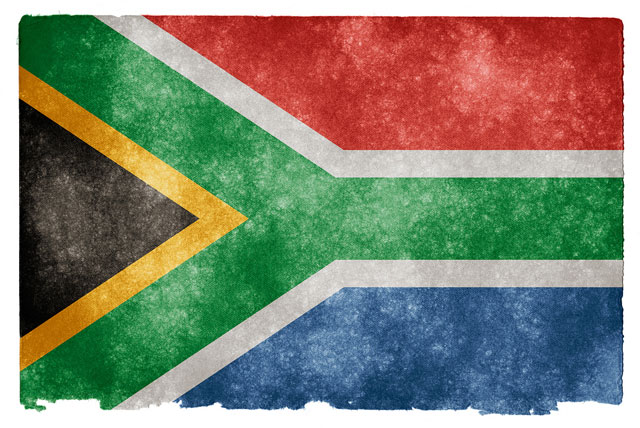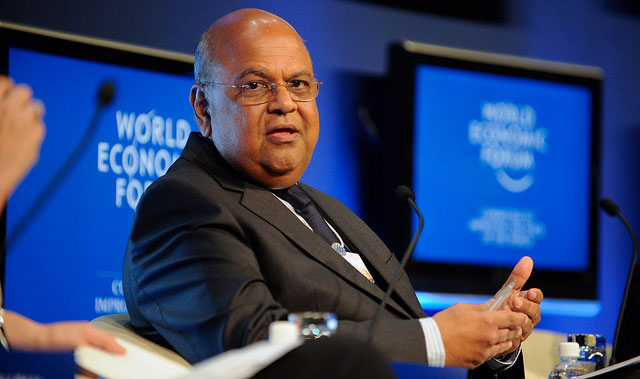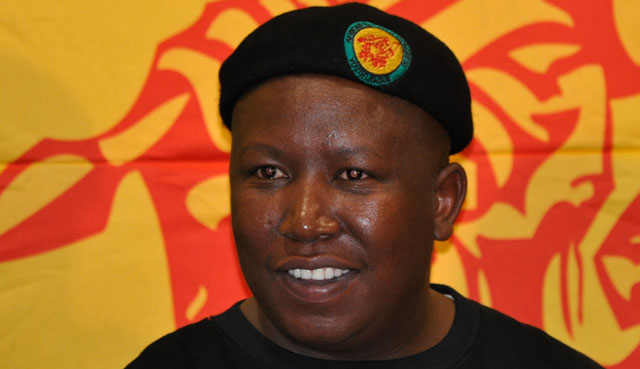
South Africa is fast approaching a crossroads at which it must choose between structural reform and a lurch to populist nationalism. So, too, is its governing ANC, which later this year must elect a successor to its president, Jacob Zuma.
With a range of conflicting ideas on how to address the country’s socioeconomic challenges, some people are floating the idea of convening an economic Codesa. This borrows from the Convention for a Democratic South Africa — the all-party forum which negotiated the country’s transition to democracy in the early 1990s.
In his 2017 budget speech, finance minister Pravin Gordhan pulled up short of calling for an “economic Codesa”. He invited discussion on whether the constitution’s bill of rights should be extended to include “economic rights”. Such rights may include a right to work, a legally guaranteed national minimum wage or even a right to a basic income.
Taken together with Gordhan’s chilling message about the state of the economy, his invitation for discussion deserves some attention. Unemployment remains stubbornly high around the 35% mark, economic growth remains sluggish around 1% and the budget deficit is ballooning.
Clearly South Africa’s social compact is at breaking point, evidenced in part by the xenophobic violence and protests against foreigners that swept through Pretoria and Johannesburg recently.
There’s certainly the need for a conflict-breaking dialogue even for sharply differing groups within the ANC. A view of what was expressed in the president’s 2017 state-of-the-nation address versus the 2017 budget speech lays bare some of the deep-seated disagreements.
Zuma’s address was peppered with reference to the party’s new slogan: “radical economic transformation”. Zuma pulled his populist punches but added little flesh to the bones of the slogan, leaving Gordhan to offer a more measured and precise vision of “inclusive growth” two weeks later.
And herein lies the rub, and the predicament. Within the governing party, there are those who want a nationalist form of transformation. They are pushing for the continued handing of economic power and wealth to a small group of black politically connected individuals. They care little if at all for the socioeconomic precariousness of most their compatriots.

On the other hand, there are those who are still focused on addressing substantive inequality. They include Gordhan, the minister for economic development, Ebrahim Patel, and the minister of trade & industry, Rob Davies.
Coming about two weeks after the state-of-the-nation address, Gordhan’s budget speech wrestled with the dilemmas that face South Africa. He’s been vilified for this amid the ongoing warfare within the governing party.
President of the ANC Youth League Collen Maine — a Zuma loyalist — labelled Gordhan, a stalwart of the ANC’s liberation movement, an impimpi. This is a highly inflammatory term from the 1980s and the height of the struggle against apartheid used to name and shame community informers paid for by the regime.
Dangerous path
Why such a vicious attack on Gordhan? He’s been willing to stare down the nationalists within the ANC, who have benefited from the weaknesses of Zuma’s leadership. They wish to extend the era of crony capitalism and “state capture” by venal private interests such as the notorious Gupta family that began when Zuma took power in 2009.
Gordhan has noted South Africa’s dangerous political trajectory. He quoted from the ANC’s famous 1969 policy conference in Morogoro, Tanzania where it was resolved that: “Our nationalism must not be confused with chauvinism or narrow nationalism of a previous epoch. It must not be confused with the classical drive by an elitist group among the oppressed people to gain ascendancy so that they can replace the oppressor in the exploitation of the masses.”
It was a masterful citation by Gordhan — as he’s done for the past year in his stand against high level corruption that’s contaminated the government with its dangerous lurch to elite nationalism.
Slow transformation
While there is the need for some dialogue, calls for an “economic Codesa” may be fundamentally misguided. The idea that South Africa can summon the wherewithal, and good faith of all the requisite social, economic and political stakeholders, may be wishful thinking during a bitterly contested succession year in the ANC.

The original Codesa, which began in 1991, may have been an inclusive, carefully facilitated and mediated negotiation process. Today there’s a sense that in delivering a political settlement, it didn’t do enough to secure economic justice and transformation.
Too much of the “old economy” — as characterised by the powerful political slogan “white monopoly capital” — remains intact. This gives credibility to the militant, anti-establishment political brands like the Economic Freedom Fighters. The rise of the EFF, in turn, has triggered the ANC’s call for “radical economic transformation” to regain lost ground.
Julius Malema, the former ANC Youth League president who started the EFF, presumably would welcome the opportunity to advance the case for redistribution of land ownership alongside other structural reforms of the South African economy. But who else would join the dialogue and from what angle?
Constitutional rights
Gordhan’s talk of economic rights may be seen as one useful avenue. But then South Africa’s constitution already provides a far-reaching number of justiciable socioeconomic rights. These include the rights to access basic services like housing and education. And so, the question would be: what more can be added to economic rights?
A debate about amending the constitution would arguably be meaningless without a parallel process of debate about economic policy and about the relative roles and responsibilities of labour, government and the private sectors. At a very minimum, such a process would need to surface the true concerns and interests of all the parties. It would need to identify the core non-negotiables of each, while ascertaining those areas where compromise and a shift in position would be possible and valuable.

And are the labour unions willing to sacrifice some of the legal protections that they acquired in the mid-1990s in return for commitments from business that would create, for example, more youth employment and apprenticeships?
In turn, would business be willing to sacrifice profits in return for concessions from labour and government that would enable them to attract larger long-term investments in the productive industrial sector?
And what’s the solution to the painful shortage of skills and the disaster of public education and what do each of the three main players need to do differently to make substantial progress, and quickly?
Political will
A properly organised process of constructive engagement and dialogue such as Codesa requires a considerable investment in political capital and goodwill. It’s far from clear if a sufficient number of the key political players are willing to find it.
But it’s surely worth trying. South Africa has probably very little to lose at this stage. Without such a consensus-finding process that confronts the fundamental contradictions and the unanswered questions of socioeconomic transformation, the clamour for populist nationalism is likely to grow rapidly to the point where it’s overwhelming, in every sense of the word.![]()
- Richard Calland is associate professor in public law, University of Cape Town
- This article was originally published on The Conversation

